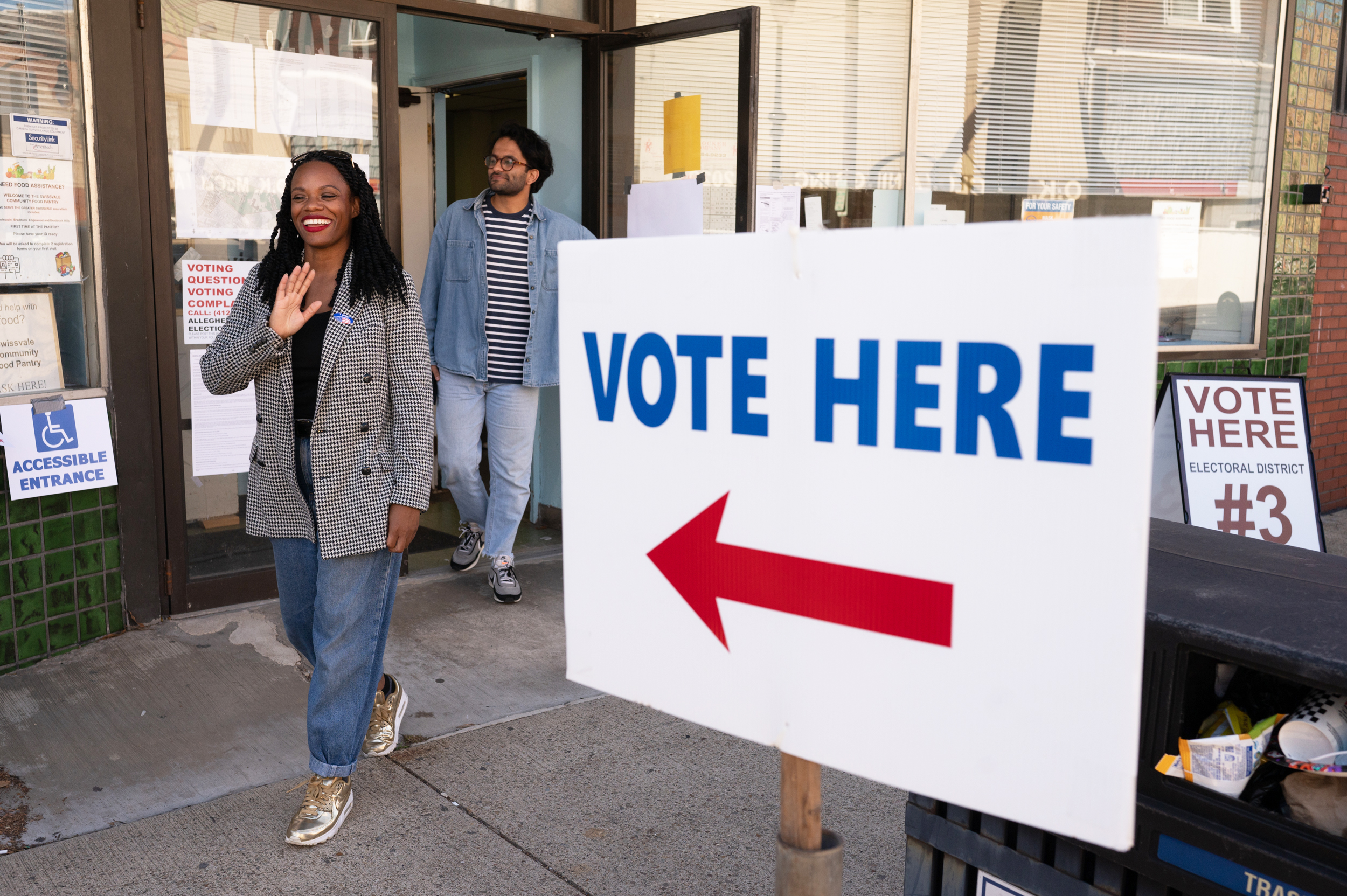By Char Adams
A record number of Black candidates from major parties ran for high office in this year’s midterm elections. While it’s still too soon to determine which party will control the House and the Senate, some states are already celebrating Black historic wins for jobs from governor to secretary of state.
“There’s an electorate, Black people are the center of it, who are understanding our political power,” said DaMareo Cooper, a co-executive director of the Center for Popular Democracy, a progressive advocacy group. “People are thinking about how their voice, and people who come from our community, should be the representatives and deciders for the type of society we want to develop that’s inclusive for everybody.”
The midterms brought a pair of historic victories in Maryland. The first was by Democrat Wes Moore, who beat Republican Dan Cox to become Maryland’s first Black governor and only the third Black governor in the country. Second, the state gained its first Black attorney general, Democratic U.S. Rep. Anthony Brown, who defeated far-right Republican Michael Peroutka.
“It is not lost on me that I’ve made some history here tonight, too. But I also know I’m not the first one to try,” Moore tweeted late Tuesday. “This is just more proof that progress is possible in Maryland. And I am humbled to be a part of this legacy.”
In Pennsylvania, all eyes were on the high-voltage Senate battle between Lt. Gov. John Fetterman and celebrity TV doctor Mehmet Oz, but history was being made in another key contest: the race for lieutenant governor. Democrat Austin Davis is projected to be the state’s first Black lieutenant governor. Democrat Josh Shapiro, the state attorney general, who NBC projects will win the governor’s race, endorsed Davis.
Black female candidates hoped to make history across gender and racial lines in several states, from Rep. Val Demings and Aramis Ayala in Florida to Chelsea Clark in Ohio and several women bidding to be the country’s first Black female governor. Although many of the races ended in losses for the Black female Democratic candidates, some states have ushered in new progressive representation.

